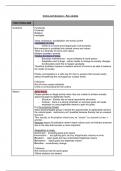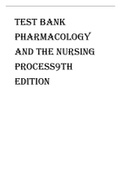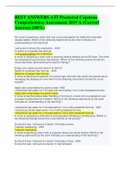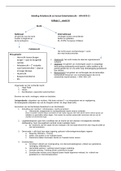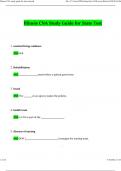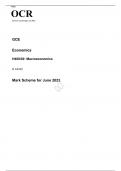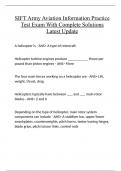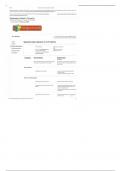Summary
aqa a level sociology - crime and deviance summary of key sociologists and studies.
- Module
- A level sociology
- Institution
- A Level Sociology
aqa a level sociology summary of crime and deviance key sociologists and studies. each topic in the aqa spec is covered: functionalism, interactionism, marxism, right realism, left realism, gender, ethnicity, media, globalisation, control punishment & victims. 17 pages showing each key sociologi...
[Show more]
